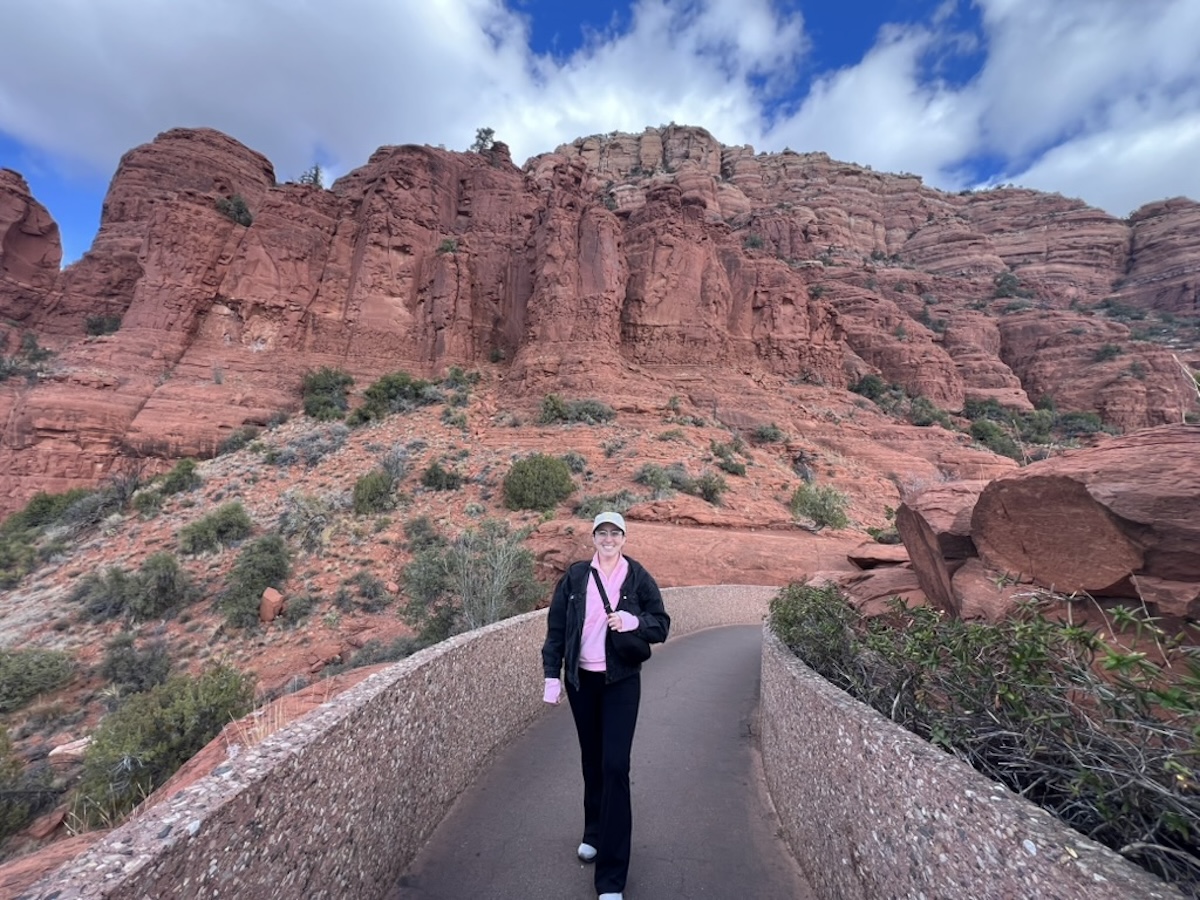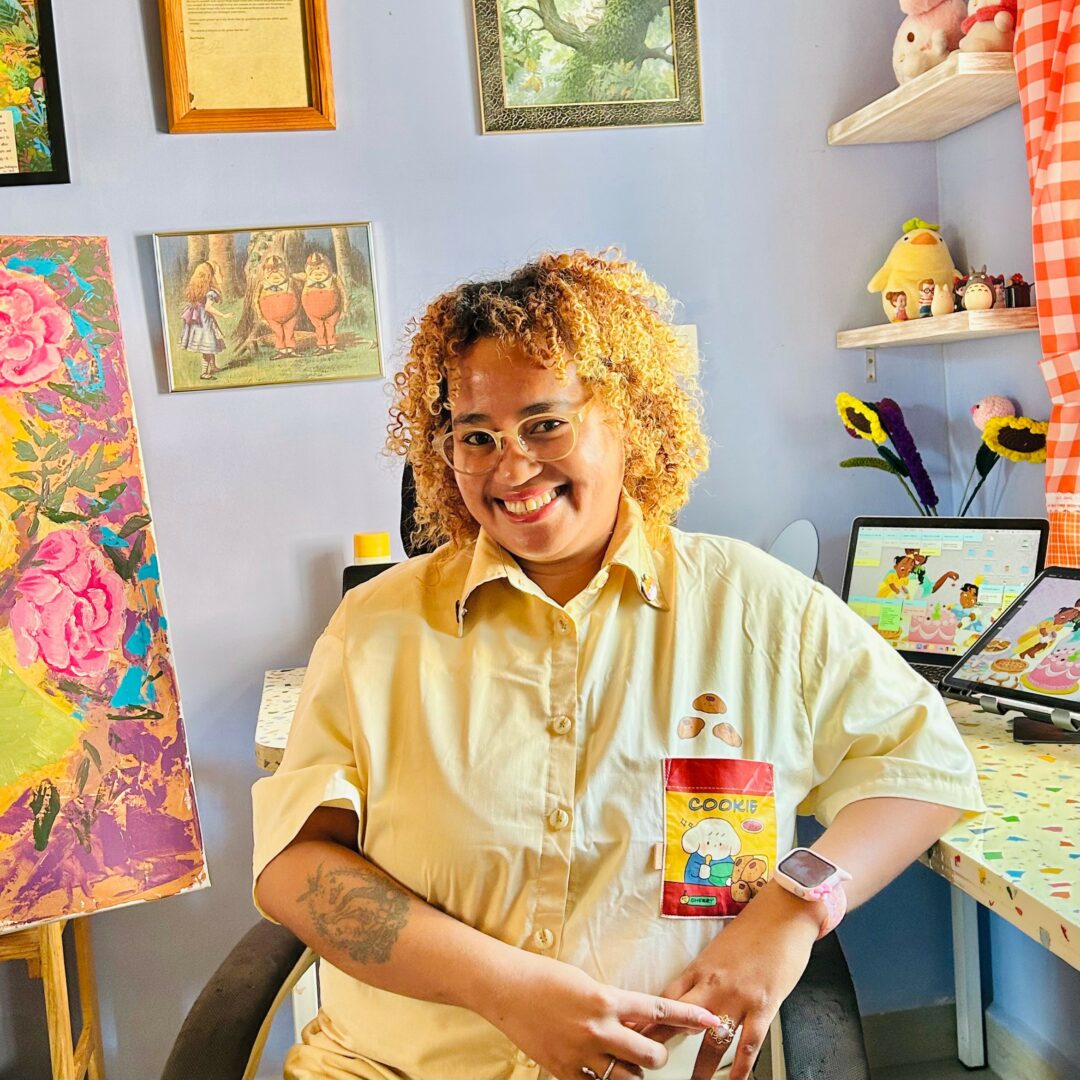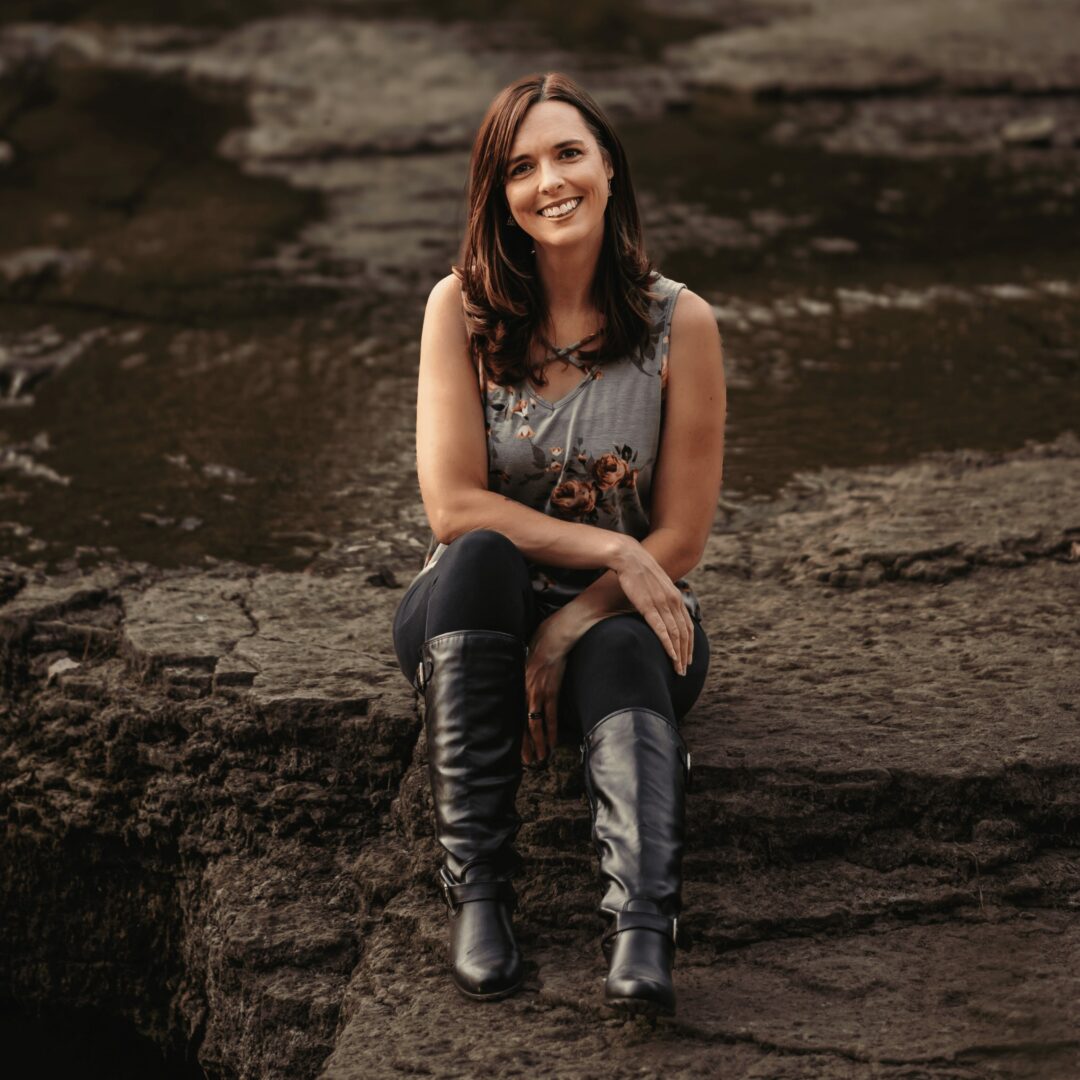We recently connected with Brian Herskowitz and have shared our conversation below.
Brian, so great to have you with us and we want to jump right into a really important question. In recent years, it’s become so clear that we’re living through a time where so many folks are lacking self-confidence and self-esteem. So, we’d love to hear about your journey and how you developed your self-confidence and self-esteem.
Somewhere back in the dark ages, before the internet, I had decided to become an actor. I started out doing theater and then film. In 1978, I moved to Hollywood, where I have been an actor, a writer, a producer, and a director.
I think most people would agree that you have to have self-confidence and self-esteem to be in the entertainment business. I certainly believe that to be true. Even though I started studying as a small child. I was nine, and I was small. And I had my first paid dinner theater gig at eleven; that’s not where my confidence and self-esteem came from. For that, we have to go back a few more years.
When I was six, my older brother, who was seven at that time, was diagnosed with dyslexia. The eye doctor recommended that he start a sports program that would help develop his eye-hand coordination. He suggested boxing, karate, or judo. Jew-what? Never heard of it.
It just so happened that there was a judo tournament taking place that weekend, and we went and watched. It was love at first sight. We returned home, threw some pillows on the ground, and beat the hell out of each other. Well, I was mostly on the losing end of that.
Martial Arts can be an enormous boost to confidence and self-esteem. I was extremely small for my age and a Jewish kid in Houston, Texas, but at the age of eight, I was Texas State Champion in Judo, just like my older brother.
That began a lifelong pursuit that saw me competing and teaching sixty years later. The lessons on perseverance, resistance, strength, and toughness have followed me my entire life, and I take those precepts from the mat to the sound stage and beyond.

Appreciate the insights and wisdom. Before we dig deeper and ask you about the skills that matter and more, maybe you can tell our readers about yourself?
When I arrived in Los Angeles in the late 1970s, I was just 20 years old. I set out to conquer the world. I didn’t care as much about being a star, and I just wanted to act. And I did so for quite some time, but eventually, I had to face reality. I wasn’t making a living. I needed to make a change.
I had always loved reading as a kid, and my father was a noted sports writer and auto-biographer. His books co-written with celebrity subjects included Bette Davis, Gene Tierney, Howard Cosell, George Bush, and Dan Rather (twice!).
I’d always shied away from the writing side of my brain, that was until the 1980 Olympic Trials. I was chosen as a finalist for the lightest division in Judo. I was training at the Olympic Training Center in Colorado Springs when I blew my knee out. I tried to rehabilitate it in time for the trials, and I did compete, but I had to pull out of the competition in the third round. As it happened, nobody ended up going. President Jimmy Carter boycotted the games because Russia had invaded Afghanistan.
I tried to keep going, but a year later, I needed surgery. Back then, knee reconstructions were a grueling multiyear recovery. I was in a cast from hip to toe for nine months. During that time, I couldn’t act or work the life-sustaining odd jobs that actors do.
I did have an idea for a screenplay, and I sat down to write it. I knew nothing about screenwriting, but I’d grown up listening to my father’s stories. I knew I could tell a good one. I spent the next five days writing furiously, and at the end of that time, I had handwritten pages, some verbal pages spoken into a tape recorder, and reams of notes. I found a service that could put it all together for me (Barbara’s Place – does anyone remember them?)
That script was very loosely based on my time training in Japan. It wasn’t half-bad for a first-time effort. But I soon discovered that writing a script and having a career were two very different things. I began to read and study all I could about the craft. I took classes at Sherwood Oaks Experimental College and took classes with Robert McKee, John Truby, and others.
Once I had a better handle on the craft, I started to make strides as a writer. Writing led me to directing and then to producing. I was asked to teach an online class at UCLA Extensions. This was in the early days of Internet education, and I found the process invigorating and creative. I took my online lectures and started to mold them into a textbook for screenwriters. The fruit of those labors was PROCESS TO PRODUCT: A Practical Guide for the Screenwriter..
I took classes off and on for UCLA Extensions for the better part of a decade. In 1986, I took a job as a PA on a CBS series titled TOUR OF DUTY. In the second season I was made associate producer and in the shows third and final season I wrote one of their most popular and well received episodes A BODYGUARD OF LIES. The title was from a quote by Winston Churchill, “In war, the truth must be surrounded by a bodyguard of lies.” My episode was about a US platoon that attacked and wiped out a civilian village.
I was signed to the William Morris Agency from that script and a spec feature. I continued to write for TV for a while and became a staff writer on BLOSSOM. After that show was canceled, I was anxious to get more work, but the people hiring didn’t have much interest in the show. I saw an ad for Writer’s Bootcamp. They were starting a sitcom writing class, and I signed up. I thought Jeff Gordon and his methods were terrific, but I was less enthusiastic about the instructor for the class and offered to teach for them. For six years, I taught the craft of writing a 30-minute comedy.
For the last 20 years I have been the lead faculty for the prestigious Boston University In Los Angeles Writer in Hollywood program. For the past two years, I have added an entertainment finance course to the curriculum. During that time, I wrote a novel titled CONCEPTUS, produced a half dozen movies, and was an executive with several different film finance companies. I continued to write, produce, and direct.
Because I am a writer/director/producer with my own slate of projects, I tend to be choosy when looking at other IP, but I am available for the occasional “gun for hire” position or when a film has undeniable attachments such as stars, significant funding, or a big name producer or director. In those cases, I will sometimes make an exception to my rules.
I do work as a consultant often and do private screenwriting instruction… and yes, I still teach and compete in Judo and Brazilian Jujitsu. Add a wife and kids, albeit grown ones, to the mix and it’s a pretty full life.
Right now I am working on a feature film that I hope to direct in Spring of 2025, and a second novel.

Looking back, what do you think were the three qualities, skills, or areas of knowledge that were most impactful in your journey? What advice do you have for folks who are early in their journey in terms of how they can best develop or improve on these?
In my industry, learning how to take criticism without crumbling and being a good listener as well as a good talker are essential skills to have. Lastly, be a life long learner. Don’t hold on too tightly to the past.
I have always had the physical outlet of judo to help me deal with frustration, anger, and even depression. People can become hyper-focused on a goal such as “I want to be a star” or “I want to win an Oscar.” But those things are out of your control. Writing the best script you can is within your control. Studying in classes or doing research to strengthen your weaknesses is within your control.
Don’t try to be a star in any field. Try to be YOUR best in any field.

What is the number one obstacle or challenge you are currently facing and what are you doing to try to resolve or overcome this challenge?
The number one challenge for any independent filmmaker is funding. Where can you find the money? How much money do you need? How do you make the dollars count?
One of my passions as an independent producer is to take care of the investor. That should be the highest priority. “Not the script?” Nope. The quality of the script is an essential piece of the equation for any financial success in film, but it’s not the only thing.
I have seen passionate filmmakers scrounge and dig and fight to get money for the movie. Many times, they do. And many times, those films lose every penny that was put into them. You have to know if there’s an audience for your film BEFORE you finance it (not before you write it; that’s a whole different discussion.) Who is the audience? How big is the audience? And perhaps most importantly, how will you reach that audience?
Once you’ve done your homework and research, you can create a budget and analyze the POTENTIAL for success.
I am currently seeking funds from high-networth individuals who are not risk-averse. Let’s face it. Film is a risky business, and any investor must know they can lose all of their investment. At the same time, it is incumbent on you as a producer to assure them that you know what you are doing and that you’ll do everything in your power to safeguard their investment.
I am partnered with Harold Whitfield of Gravitas Gold. We’re deep into the process of identifying potential investors and then showing them how we can mitigate their risk and improve the potential for a return on investment.
Contact Info:
- Website: https://www.brianherskowitz.com
- Linkedin: https://www.linkedin.com/in/brian-herskowitz-6608324/

so if you or someone you know deserves recognition please let us know here.




